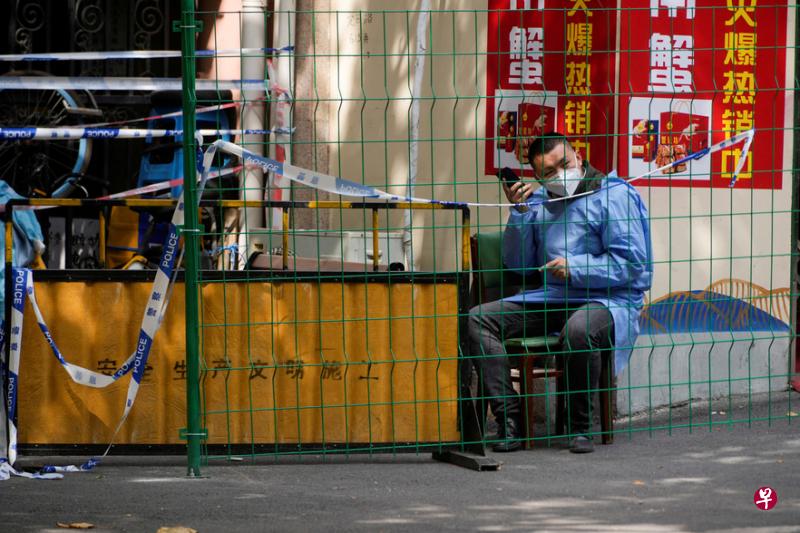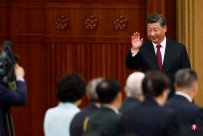
Wang Jun, director of the China Chief Economist Forum, said in an interview with Lianhe Zaobao that China has continued to be plagued by epidemic in recent months, and real estate sales and investment have not obviously improved.The quarter is still the "weak recovery pattern", and the annual economic growth is expected to be around 3.5 %.
Experts interviewed expected that the Chinese economy will continue to be plagued by epidemic and real estate bear market this year, and may continue to weakly recover in the fourth quarter.There may be adjustments and optimizations. I believe that the Chinese economy will not be worse than this year, and it will achieve a mild rebound on the low growth base this year.
IMF released the latest World Economic Outlook Report on Tuesday, which predicts that the growth rate of China's economy this year is about 3.2 %, a decrease of 0.1 percentage points from the organization's expectations in July this year.If it is true, this will be the second low growth rate since the reform and opening up, which is only 2.3 % higher than the initial outbreak of crown disease in 2020.
IMF also reduces China's growth forecast next year from the original 4.6 % to 4.4 %.
TheIMF report evaluates that the dynamic clearing of rapid control, large -scale detection, and long isolation is a major blow to the Chinese economy, especially in the second quarter of this year.China's real estate crisis is also likely to spread to the financial industry and seriously drag out economic growth.Globally, the Russian and Ukraine War and supply chain disturbance also lowered the economic growth of major economies.
Wang Jun, director of the China Chief Economist Forum, pointed out in an interview with Lianhe Morning Post that China has continued to be plagued by the epidemic in recent months, and real estate sales and investment have not seen significantly.The annual economic growth is expected to be around 3.5 %.
Wang Jun estimates that the economy is full of uncertainty next year, and the world may still fall into recession. "This should be huge for China's external demand, so it means that the year is also complicated."
The economic haze of the 20th National Congress continued.serious.
This is also the third consecutive day of the People's Daily published a comment article on "Zhongyin", defending the clearing policy, and has been interpreted by many investors to persist in clearing zero for a long time in the future.
Dynamic clearing may be long -term, and unfavorable news impacts such as China ’s growth forecast, and Chinese stocks continue to be sold in the United States.The Nasdaqin China Index, which measures the performance of Chinese stocks in the United States, fell 5.4 % on Tuesday. The fifth consecutive trading day fell, setting the longest consecutive decline since April this year.
However, the financial data released by the People's Bank of China on Tuesday night shows that the increase in social financing in September was 3530 billion yuan (S $ 707.8 billion), which was better than economists' estimates.The month of 2430 billion yuan means that China ’s credit demand may be improving with the government’ s investment in infrastructure infrastructure and stimulating the property market.
Wang Jun evaluated that the loans of Chinese residents and enterprises in September, especially medium- and long -term loans, have significantly improved in total and structure, which means that the government increases policy development financial instruments, medium and long -term manufacturing, and infrastructureInvestment loans, etc., have played a significant role in driving. "It is expected that these policies will continue to play an important role in the fourth quarter and even next year.
Wang Jun expects that this year's great impact on the macroeconomic epidemic and real estate factors "there may be some weakened probability next year", Russia -Ukraine conflicts and the Fed's radical interest rate hikes will not further deteriorate any more.EssenceHe estimates that the Chinese economy "should have a mild improvement next year. Although there will be no strong rebound, it will be obviously better than this year."
Wang Jun pointed out that the seasonal loan effect at the end of this year's credit offering is obvious. The data in September also depends on policy support, and the regulatory authorities have continuously encouraged commercial banks to expand lenders. Whether credit recovery can continue to be observed.



